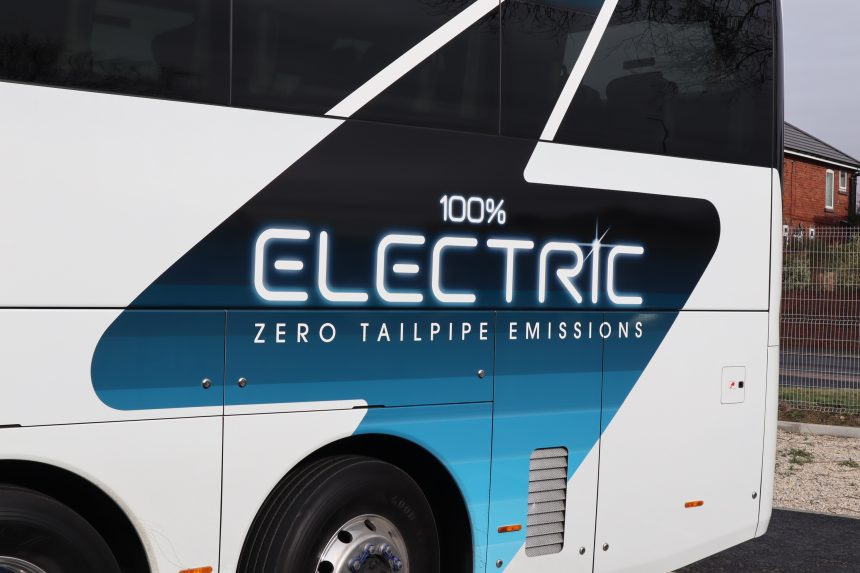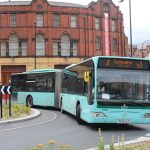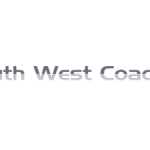A call for specification of an end date for sale of new diesel coaches was among the recommendations of RHA as it released the findings of its first net-zero report.
The trade body, which surveyed its operator members from the coach, HGV and van sectors, also urged the government to ensure net-zero is commercially viable and to financially support the use of low-carbon alternatives.
The survey, which was conducted between 3 March and 15 April, received 41 respondents from businesses with coach fleets – as opposed to 450 from HGV and 286 from van operators.
While one coach operator reported already having an electric vehicle, 75% of its counterparts said they had no plans over any time frame to introduce such vehicles to their fleets.
Larger operators were predictably more open to the idea, with 63% of those with 25-99 vehicles revealing they had plans to do so within the next two to five years.
Sixty-eight percent of coach operators said they had no plans to use low-carbon fuels.
When asked about barriers to adoption of electric, 51% of coach operators ranked insufficient mileage range as the top issue and 45% said it was cost. Lack of public charging infrastructure, lack of depot infrastructure and payload loss were the next most significant obstacles for coach fleets, with 36%, 20% and 15% respectively ranking these as the second biggest concern. Insufficient skills is not considered a major barrier with 42% of coach operators relegating this to sixth.
With regard to hydrogen adoption, 59% of coach operators are doubtful whether sufficient public refilling stations will be in place within five years and 39% do not think coach operators will be
able to have hydrogen gas supplied to their depots.
Among operators who did not currently use low-carbon fuels, 47% placed insufficient supply as the number one barrier to take-up, with 42% saying high unit cost was the leading dissuading factor.
After analysing the findings, RHA used its report to call on the government to put in place innovative finance to bring down the costs of net-zero for coach and HGV operators.
It also urged the government to implement a road map to transport decarbonisation and clearly specify who is responsible for unblocking barriers.
The coach sector should receive phase-out dates for the end of sale of new non-net-zero vehicles, as the HGV and van sectors already have, RHA says.
Access to electric and hydrogen infrastructure should be implemented, the report’s recommendations continued.
RHA also believes “an education-awareness campaign on the benefits of hydrogen-powered commercial vehicles should be implemented”.
Finally, the government should recognise the part played by low-carbon fuels, such as hydrotreated vegetable oil, and put in place a fuel duty rebate linked to emissions to incentivise uptake.
RHA Managing Director, Richard Smith, says: “Our sector is the lifeblood of the UK economy, yet zero-emission vehicle affordability, availability and performance remain major barriers to decarbonisation.
He adds: “The RHA is committed to finding solutions and making the road to net-zero achievable and affordable to businesses of all sizes across the entire road transport sector we represent. Our findings will guide future discussions with ministers.”
RHA says the results of the survey will help inform its future policy and discussions with government representatives.



























